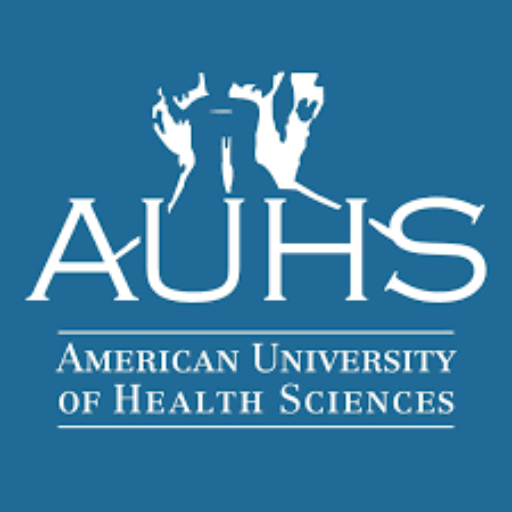AUHS Drug-Free Policy
As a condition of receiving funds or any other form of financial assistance under any federal program, Federal regulations require that an institution of higher education must certify that it has adopted and implemented a program to prevent the unlawful possession, use, or distribution of illicit drugs and alcohol by students and employees.
AUHS is a drug free work environment. Accordingly, all employees are duly noticed of the University’s reasonable expectation to maintain such an environment the following policies are adopted: Alcohol or Drug Usage
There is a distinction between social drinking and alcoholism, which should be recognized by all faculty members. AUHS has no objection to the former, if it does not take place on the School premises or during working hours or moderately at a University-sponsored event. In no way, however, should faculty indulge in a manner that affects the work of a faculty member adversely.
Alcoholism, however, is another matter. It is an illness and is generally recognized as such. A faculty member who is subject to this form of illness and whose work is unsatisfactory because of it may be discharged unless he/she agrees to undergo proper medical treatment. In any case, the School is under no obligation to continue employment of an unsatisfactory faculty member who is an alcoholic or who is suspected of being intoxicated and declines medical treatment.
In addition, faculty members who are suspected of being under the influence of illegal drugs while at work or who may exhibit signs of being under the influence of behavior or mood-altering drugs in access (psychiatric drugs excluded), even if legally prescribed, may be required to be drug tested. Strong pain drugs, which affect an individual’s behavior at work, should not be taken in the work setting. In these cases, the faculty member should remain home.
